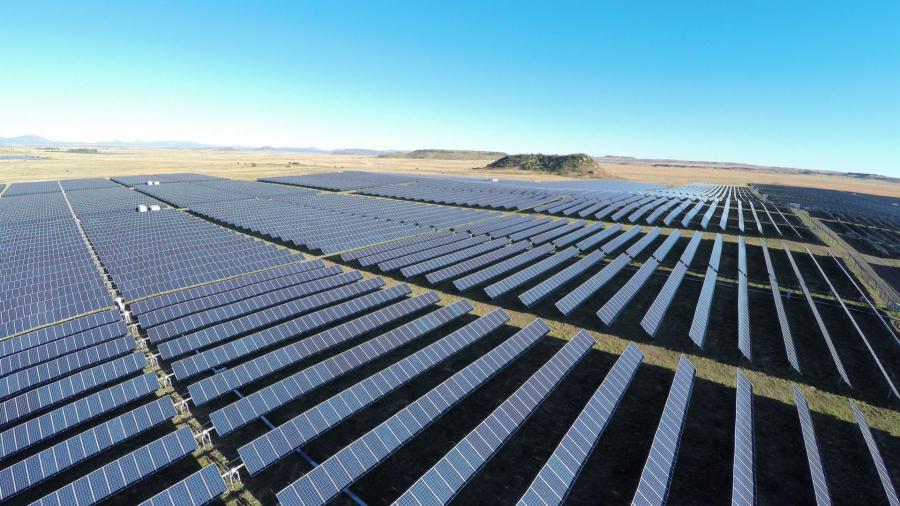#SolarEnergy #RenewableEnergy #Solar
@SAPVIA does not support any efforts to renegotiate electricity tariffs with old Renewable Energy IPPs. Such attempts will destroy green energy investments and https://t.co/xJnluylphm full article below.#GoGreen https://t.co/ao77Mr4Mg4
With that tweet, the South African Photovoltaic Industry Association (SAPVIA) announced its verdict on the possibility Cyril Ramaphosa’s government could be planning to renegotiate PPA tariffs.
Rumors are circulating that the government wants to revise down energy prices associated with the 20-year PPAs awarded in the first two rounds of the national Renewable Energy Independent Power Producer Procurement Program (REIPPPP) for large-scale renewables projects, which were held between 2011 and 2012.
Local media have reported the proposal was mooted by public enterprises minister Pravin Gordhan. According to the Engineering News website, Gordhan said renegotiation of PPAs was necessary to “alleviate pressure on [national utility] Eskom and the electricity tariff.”
Tariff change unlikely
Although that report raised concerns among PV sector operators, Chris Ahlfeldt – an energy specialist at Blue Horizon Energy Consulting Services – told pv magazine he feels a renegotiation is unlikely. “Only the bid prices and commitments for some projects in Round 4 and 3.5 were renegotiated previously, but this was before the PPAs had been signed,” said the analyst.
Any attempted renegotiation with independent power producers, said Ahlfeldt, could have legal repercussions. “IPPs absorb a lot of risk during the bidding process and depend on reliable PPAs to be bankable,” he said. “IPP costs are a direct pass-through to consumers approved by the regulator, so it’s misleading for Eskom to blame IPPs for its financial trouble.”
Ahlfeldt said more than half of Eskom’s debt relates to the construction of two large coal plants, the Medupi and Kusile projects, which are over budget and delayed. “If Eskom wants to cut costs and improve efficiency then [it] should consider abandoning future construction and buy lower-cost renewable energy,” he added.
Solar power is getting cheaper
As the analyst pointed out, the South African government in April signed off all 27 outstanding PPAs that had been awarded in rounds 3.5 and 4 of the REIPPPP in 2015. Closure of the contracts had been held up by the financial travails of Eskom. Of those contracts, 12 were for large-scale solar plants with 813 MW of capacity selected in round 4 alone. The price for solar power in REIPPPP rounds decreased from ZAR3.65 ($0.25)/kWh in November 2011 to ZAR0.62 in November 2015.
To address the long-standing financial and operational crisis at Eskom – which has again resorted to load shedding to ensure power supply – the South African government recently announced plans to privatize the utility.
Retroactive tariff changes seen elsewhere in the world have only ever led to a complete halt of renewable energy markets, often for several years. That is a scenario energy-hungry South Africa cannot afford, especially now more, and cheaper, power generation capacity is needed.
This content is protected by copyright and may not be reused. If you want to cooperate with us and would like to reuse some of our content, please contact: editors@pv-magazine.com.




2 comments
By submitting this form you agree to pv magazine using your data for the purposes of publishing your comment.
Your personal data will only be disclosed or otherwise transmitted to third parties for the purposes of spam filtering or if this is necessary for technical maintenance of the website. Any other transfer to third parties will not take place unless this is justified on the basis of applicable data protection regulations or if pv magazine is legally obliged to do so.
You may revoke this consent at any time with effect for the future, in which case your personal data will be deleted immediately. Otherwise, your data will be deleted if pv magazine has processed your request or the purpose of data storage is fulfilled.
Further information on data privacy can be found in our Data Protection Policy.